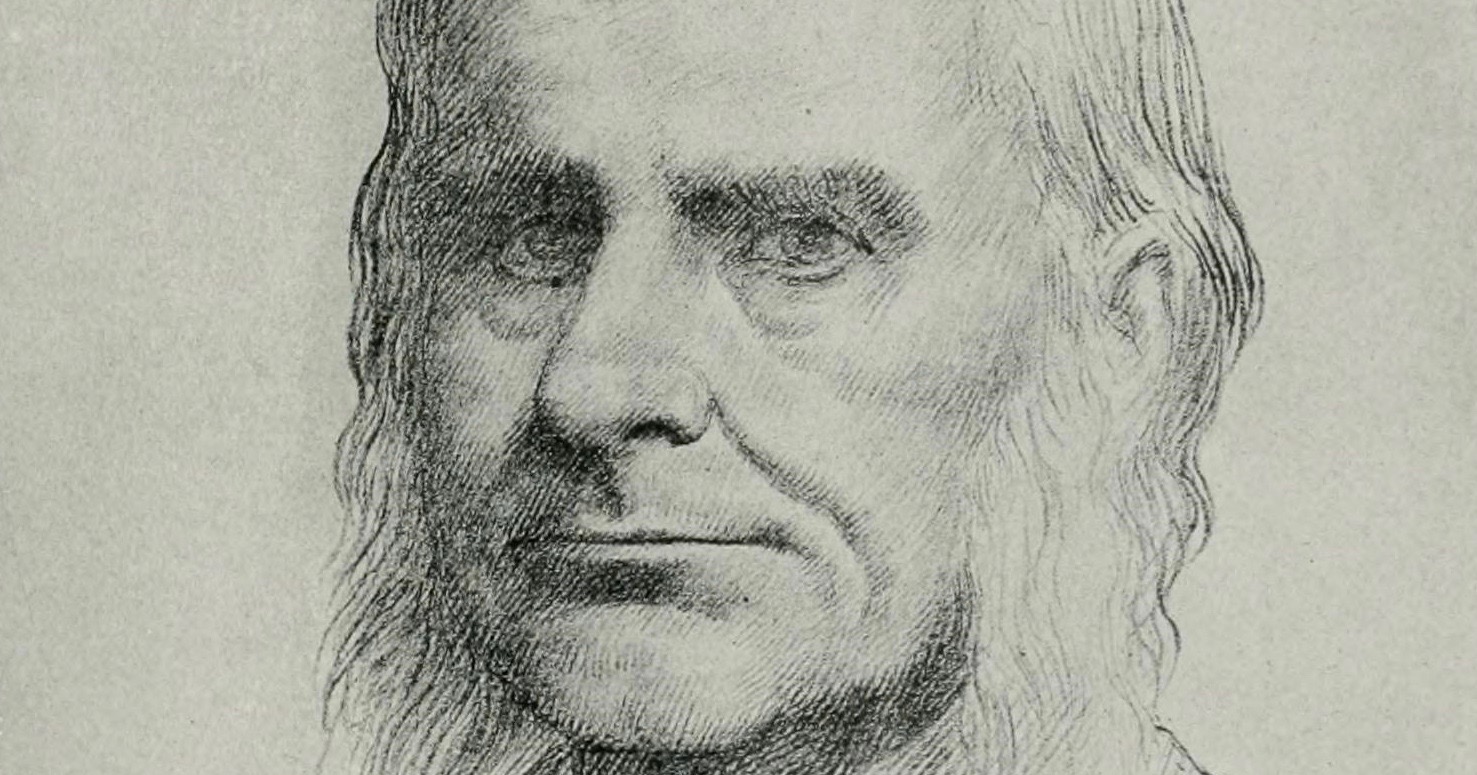 Evolution
Evolution
Admit an “Error” by Darwin and Huxley? Here’s How It Could Be Permitted

There’s a psychologically interesting article up at Nautilus. The author, biologist Aaron Hirsch, is willing to admit that Charles Darwin and T. H. Huxley committed an “error.” What?? As we all know, evolutionary theory, like the famed golf game of Kim Jon-il, contains no errors or weaknesses of any kind. More startling, Hirsch chides evolution’s masters for not recognizing human exceptionalism. He rushes to assure readers that Huxley is his hero: “Just for the record, since I am about to indict him: He is among my heroes.” Despite the CYA gesture, lest someone think he is one of those intelligent design scoundrels, Hirsch surprised me.
Goal and Purpose
Darwin’s epic significance, he says, lies in the demotion of mankind from the very goal and purpose of creation to a mere byproduct of a mindless process that couldn’t care less about us:
Since its publication in 1859, Darwin’s On the Origin of Species has been read as a blow to the hubris of Homo sapiens. We aren’t God’s final and most perfect creation, after all, but merely one more product of the same evolutionary process that gave rise to apes, lampreys, and limpets. In his eulogy to Darwin, delivered in 1882, the German physiologist Emil du Bois-Reymond put it concisely: “Darwin seems to me to be the Copernicus of the organic world.” Just as Copernicus had displaced man from the center of celestial orbits, Darwin had toppled him from the pinnacle of “animated beings.” Du Bois-Reymond’s analogy gained broad intellectual currency, and in fact it is often misattributed to Sigmund Freud, who appropriated it with just a wee bit of vainglory, adding psychoanalysis as “the third and most bitter blow” to humanity’s “naive self-love.
If the idea that Darwin humbled us has become canonical, what is less often observed is the fact that the newfound humility was, in certain important respects, misleading — and dangerously so. In the latter half of the 19th century, when small-scale artisanal methods were giving way to larger-scale industrialization in many areas of resource extraction and use, Homo sapiens was not, in fact, just another species, an organism like any other. To the contrary, H. sapiens was just embarking on a period of more sudden environmental transformation than any single species had ever achieved. Homo sapiens was, in fact, quite special.
It was a consequential error to think otherwise. In one important area of resource extraction — marine fisheries — we can trace the ramifications of Darwinian humility as it blinded powerful people to the unique and cataclysmic scale of their ecological impact.
Hirsch recounts Huxley’s indifference to English overfishing of the North Sea, as he reasoned that man, being like any other species, would stop short of catastrophe: “Any tendency to overfishing will meet with its natural check in the diminution of the supply … this check will always come into operation long before anything like permanent exhaustion has occurred.” He was wrong in that. Man is not like any other species, for both good and evil. Our inventions ensure that, if used unwisely, we can destroy the environment and ourselves. No other animal can do that:
Twenty years later Huxley would serve again on a royal commission, this one prompted by the advent of yet another revolutionary advance in fishing technology, the steam trawl. Where before trawlers had traveled under sail and hauled their nets by manpower, now the steam engine enabled ships to swiftly and efficiently traverse every patch of seabed, and winches were turned with unprecedented ease and speed.
Uniquely Dangerous
Hirsch toys with recognizing the Biblical view of man as holding “dominion” over the planet, but then in the end concludes that what makes us unique is how uniquely dangerous we are not only to nature but to ourselves:
If Huxley had taken Darwinian humbling further, perhaps he might have wondered whether humanity was entitled to its sweeping extractive project. Or perhaps it would have occurred to him that the remarkable evolutionary trajectory of Homo sapiens, like those of several other species he had come across in the fossil record, might have rendered him vulnerable to extinction.
Like Lord Byron, we are “mad, bad, and dangerous to know.” In that way only — our badness — do we stand out. Hirsch’s hero Huxley could and should have “taken Darwinian humbling further” by recognizing this.
What’s fascinating, as I said, is the psychology here. Degrading humankind to the animal level is, to many Darwinists, one of their theory’s main attractions. It’s no exaggeration that self-degradation drives the theory — and that is the profoundest thing at stake in the evolution debate. For strict Darwinists, an exceptional place for man in nature is a conclusion to be resisted at all costs — just as attributions of “error” to Darwin, or Huxley, must be resisted. There is one escape clause, though. A special place for humans, or an error by Darwin, may be admitted if, and only if, the upshot of the admission is to set our species and its privileges in a worse light than before. In this way, Hirsch can grant himself permission to question the masters.
